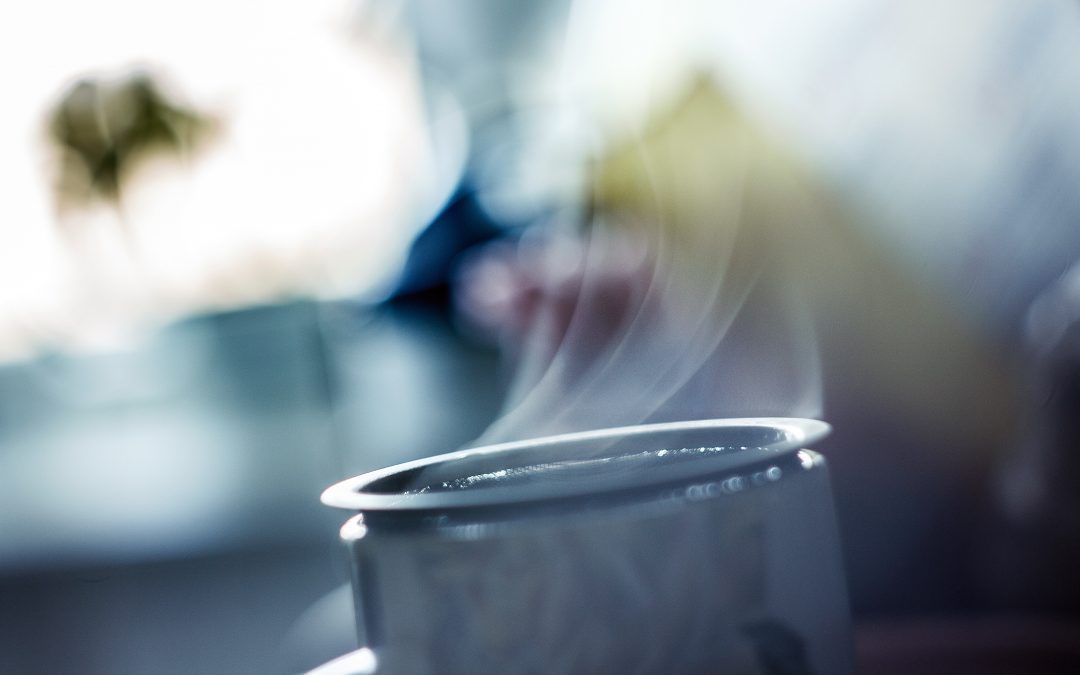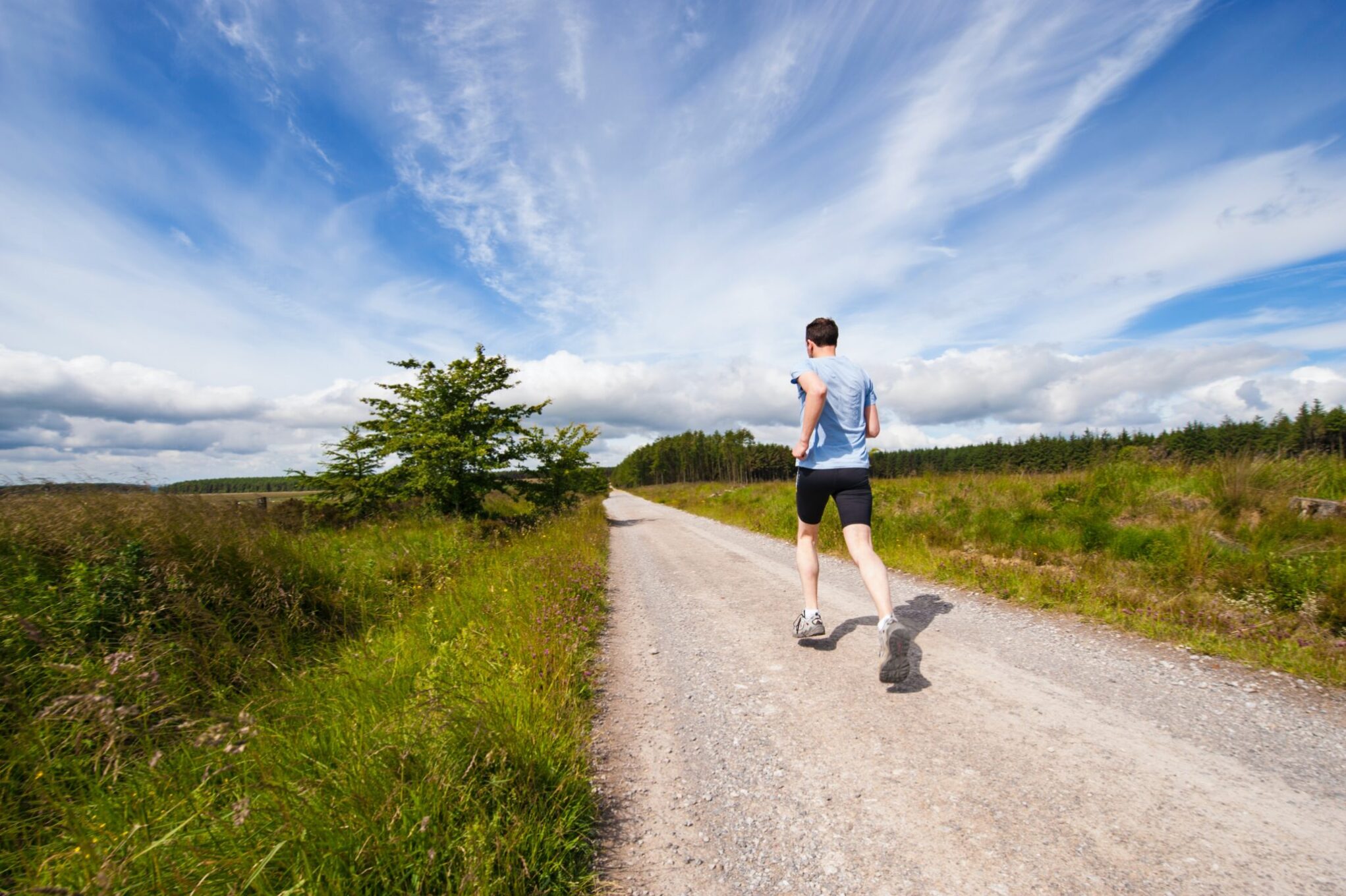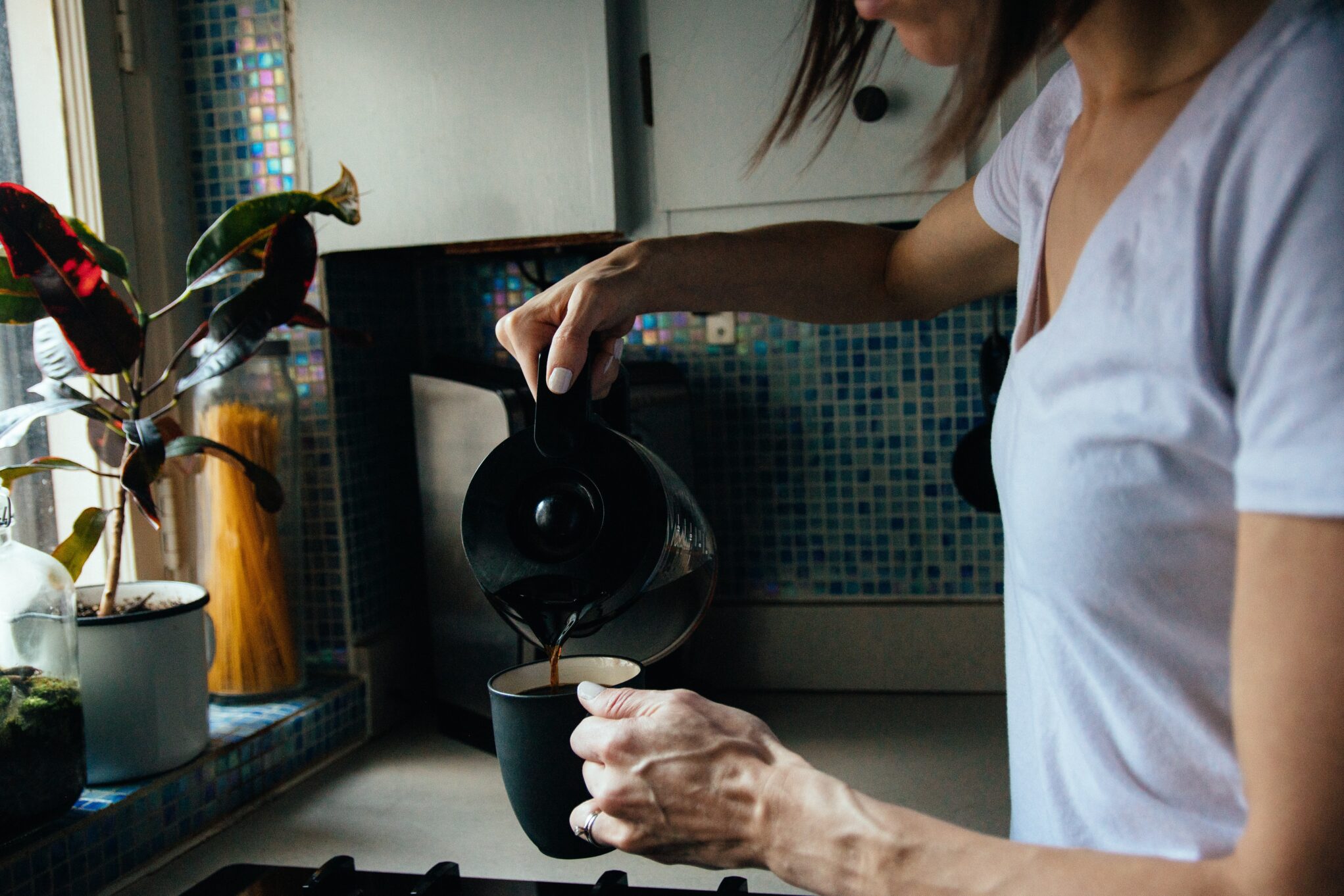Last week we published part one of a two-part series we’re calling a natural sleep. With it, we’re highlighting some of the barriers to entry when it comes to dipping into a restful slumber and the natural remedies we tend to forget.
The timing seemed just right, as Summer’s hot nights and schedule-disrupting activities add to our already-problematic tendency to turn to our devices when sleep evades our weary clutches. A quick note for those out of the loop: the ‘blue light’ radiating from your device’s screen is actually disrupting your melatonin levels, and making it harder for you to fall asleep. Now you know!
The goal is to remind you that there are highly effective, entirely natural supplements available to you in the face of a so-called night of lost sleep. Supplements that can not only encourage an easy transition into the later hours of the night, but will also help you stay asleep once you’re drifted off.
It’s true! For some, staying asleep to recover and rejuvenate is as difficult as falling asleep in the first place. Thankfully, you have at your disposal a catalogue of all-natural supplements designed to combat shallow, limited sleep durations. The trick is awareness – once you know how to harness these items, you’re sure to remember to call on them.
Time-released melatonin
Melatonin was no stranger to part one of a natural sleep. There, we took a closer look at how the hormone affects the consistency of sleep cycles, your body’s awareness of when to slow down, and when to wind back up and wake. An internal clock of sorts, melatonin supplements amplify the body’s already naturally-occurring melatonin levels, enhancing these effects when falling asleep.
A time-released variant of the supplement can take effect once you’ve fully fallen asleep, ensuring that your sleep cycles are deep and that your body knowns when its time to stay asleep. This way, your melatonin levels can communicate when it’s an appropriate time to wake naturally and when it’s too early, such as the middle of the night.
Don’t forget, blue light from your mobile device disrupts melatonin levels. If you’re having trouble falling or staying asleep, do your utmost to avoid the lure of your news feed, messages, or streaming service. You’ll thank us for it later!
Hops
Hops is no stranger to the history reel when it comes to acting as a sleeping aid. Known to be a relaxing herb capable of inducing sleep and relieving anxiety, the methylbutenol present in hops acts as a sedative.
Available as capsules or in a state that’s appropriate for herbal teas, hops are best used when amplifying the effects of other natural sedatives – as always, consult your doctor before leveraging hops to work in concert with other insomnia remedies.
Valerian
Speaking of effective natural supplement combinations for hops, valerian enters into the equation as a common herb used to assist with sleep disorders and insomnia.
As much an anti-anxiety solution as it is a sedative, valerian supplements are made from the flowering herb’s roots, and is used in conjunction with conditions like anxiety, blood pressure, menstrual cramps, headaches, and even upset stomach. The next time restless nights are causing problems, consider adding valerian extract to your herbal tea blend.
Theanine
An amino acid classified as non-essential to the Human diet, Theanine is nevertheless a beneficial sleep aid that works with the brain when orally ingested to relax, absent any sedation effects.
Theanine is effective on its own as it is coupled with other natural supplements or stimulants. Dosages attained through a diet that contains rich amounts of green tea (the only dietary source of Theanine) are an effective sleep aid, as are tablets.
We hope our two part series on combatting sleep disruptions or disorders using natural supplements was helpful and informative. For more information on natural supplements and how to use them, send us an email or schedule a






